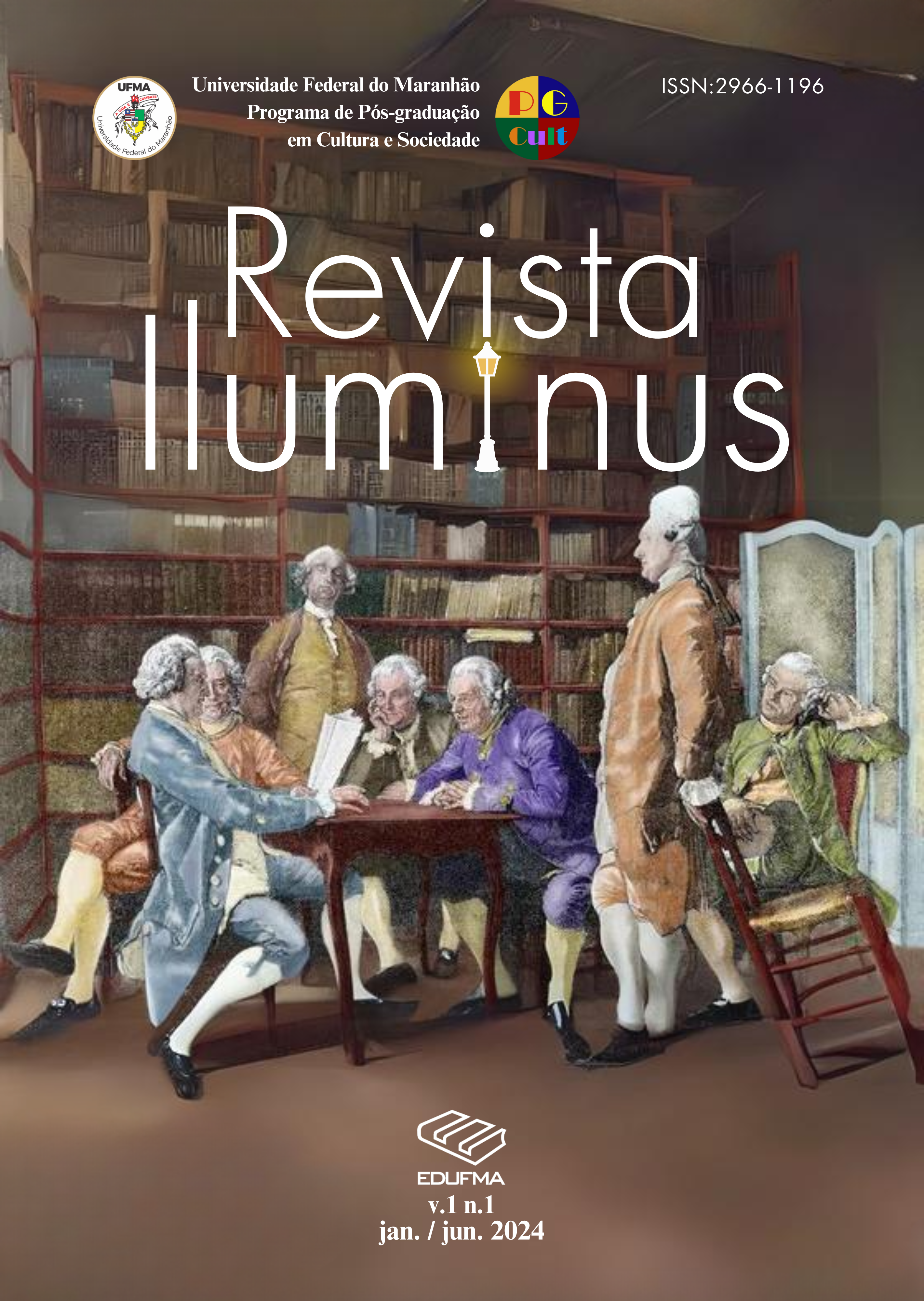Trabalho e condição humana
DOI:
https://doi.org/10.18764/2966-1196v1n1.2024.21%20Parole chiave:
Trabalho, Condição Humana, Arendt, Dignidade humanaAbstract
Em A condição humana (1958), Arendt sugere que a sua teorização sobre a categoria do trabalho emerge da crítica à glorificação da atividade na Modernidade, glorificação validada pela interpretação de Marx. Ao mesmo tempo em que formula a crítica ao que ela classifica como vitória do animal laborans sobre as vidas do homo faber e do homem de ação, procurando em A condição humana recuperar as potencialidades do político, Arendt tenciona um embate contra a interpretação marxiana do termo. Pensamos que na obra acima citada, uma vez que nela está em consideração a recuperação das potencialidades do político, a reflexão sobre o valor do trabalho no interior da condição humana é dificultada. No presente texto, procuramos minorar a interpretação que identifica no trabalho o ônus da condição humana, recuperando os escritos de Arendt da década de 1930, quando a pensadora reflete sobre as condições extremas em que mesmo a estatura de animal laborans foi negada a ela e à comunidade judaica, frente à perseguição nazista. Em certa medida, condições semelhantes podem emergir com o fenômeno da automação, em que as máquinas eliminam postos de emprego, substituindo homens por máquinas, e com a atual e radical tendência à cibernetização, que substitui não só o engenho humano, mas a própria mente humana por máquinas. Para além de uma economia categorial que leve à ação, neste texto procuramos privilegiar a relação entre trabalho, dignidade e condição humana. Por este viés indicamos a relevância das reflexões de Arendt para pensar o que estamos fazendo na atualidade.
Downloads
Riferimenti bibliografici
AGUIAR, O. A. Condición Humana. In: PORCEL, B.; MARTIN, L. (org.). Vocabulário Arendt. Rosário-Argentina: Homo Sapiens Ediciones. 2016, p. 29-44.
AGUIAR, O. A. O direito, o comum e a condição humana no pensamento de Hannah Arendt. Revista de Filosofia da Unisinos, São Leopoldo, v. 20, n. 3, p. 278-284, set./dez., 2019.
ALVES NETO, R. R. Alienações do Mundo - Uma Interpretação da Obra de Hannah Arendt. São Paulo: Edições Loyola, 2009.
ALVES NETO, R. R. Obras, feitos e palavras: o caráter não-natural da condição humana. Argumentos - Revista de Filosofia, ano 5, n. 9, p. 97-119, 2013.
ARENDT, H. A Condição Humana. Tradução de Roberto Raposo. Revisão técnica e apresentação de Adriano Correia. Rio de Janeiro: Forense Universitária, 2010.
ARENDT, H. Escritos Judaicos. Tradução de Laura Mascaro et al. Barueri: Amarilys, 2016.
ARENDT, H. Origens do Totalitarismo. Tradução de Roberto Raposo. São Paulo: Companhia das Letras, 1990.
ARENDT, H. A grande tradição. In: Pensar sem corrimão. KOHN, J. (org.). Tradução Beatriz Andreiuolo et al. Rio de Janeiro: Bazar do Tempo, 2021, p. 371-376.
ARENDT, H. Sobre a condição humana. In: Pensar sem corrimão. KOHN, J. (org.). Tradução Beatriz Andreiuolo et al. Rio de Janeiro: Bazar do Tempo, 2021, p. 371-376.
ARENDT, H. Trabalho, obra e ação. Tradução de Adriano Correia e revisão de Theresa Calvet. Cadernos de Ética e Filosofia Política da USP, v. 2, n. 7, p. 175-201, 2005.
CORREIA, A. Liberalismo versus política: análise da prevalência moderna do econômico em Michel Foucault e Hannah Arendt. Princípios, v. 19, p. 135-151, 2012.
MAGALHÃES, T. C. de. A atividade humana do trabalho [Labor] em Hannah Arendt. Revista Ensaio, São Paulo, n. 14, p. 131-168, 1985.
WAGNER, E. S. Hannah Arendt e Karl Marx: o mundo do trabalho. 2. ed. São Paulo: Ateliê Editorial, 2002.
Downloads
Pubblicato
Come citare
Fascicolo
Sezione
Licenza

TQuesto lavoro è fornito con la licenza Creative Commons Attribuzione 4.0 Internazionale.
A Revista Iluminus está licenciada com uma Licença Creative Commons Atribuição 4.0 Internacional.













